Nearly 10,000 refugee children have crossed from South Sudan into Uganda without their parents.
This World Refugee Day, June 20, meet Moses, one of these unaccompanied children who now must wear the shoes of a father for his sisters. Learn how this responsibility weighs on him now and how World Vision is helping to look after them.
* * *
This past Father’s Day weekend, I was fortunate to spend the evening with my dad and watch my kids with their own father.
We’re a lucky bunch in my family. My sister and I grew up with a dad who challenged us and cheered us, told us we were smart and expected us to act like it, and continues to nurture a relationship with each of us. My kids have a dad who, from day one, considered each of them the most beautiful and brilliant thing in the world — and reminds them every day how loved they are.
Good dads aren’t necessarily a rarity, but they’re not a forgone conclusion either. Those who have them are fortunate.
Last month, I got to talk with 16-year-old Moses about his dad. Moses lived in southern South Sudan with his parents and two sisters, 14-year-old Medina and 10-year-old Victoria. He liked school and excelled in science. He liked hearing his dad’s stories and watching movies with him.
But a few months ago, the violence of his young country’s now three-year civil war found his community. “The conflict found me … when I was in school,” he remembers. “People started running from the school, but the school manager collected us together in a room and kept us there away from the crossfire so we would not be injured by the bullets. As soon as the bullets stopped, they released us. On my way, I found my father was coming to get me from the school.”
Together that evening, his parents made a decision: They would walk from their home and find safety in the refugee settlements across the border in Uganda, at least until the violence calmed. His father had done that during the 22-year civil war in Sudan before South Sudan gained independence in 2011. He was confident that this was the best way to keep his family safe.
They started their journey early the next morning.
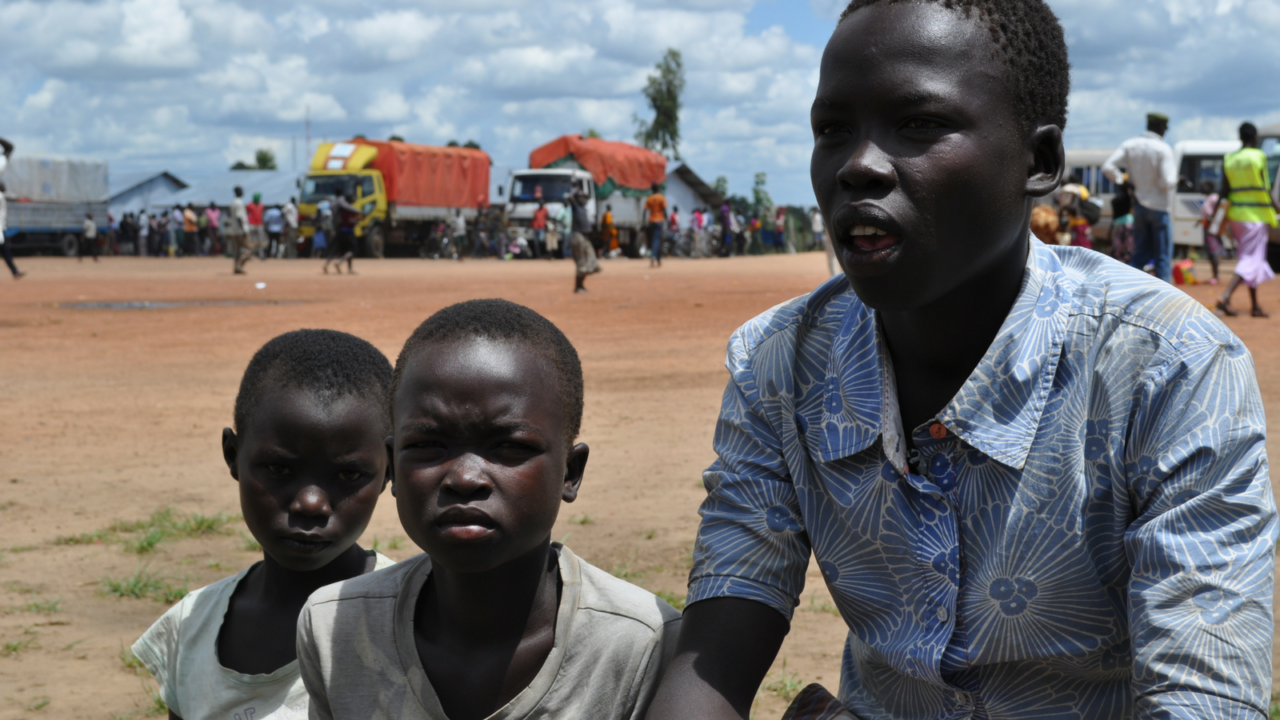
Not long into their journey, the family was stopped by a group of soldiers who forced Moses and his father to the ground, beating them and accusing them of fighting for their enemies. Before his father could explain that they weren’t fighting for anyone, soldiers shot and killed him.
They then turned to his mother, who was standing nearby with Medina and Victoria, and took her back to their barracks, leaving the three children alone with their father’s body. They were there for three days.
“Within those three days, we are not even taking food. We are only surviving on water,” Moses remembers. “We are crying and we have no energy to put the body in order. … We are just watching him down there while we are mourning.”
Soldiers from an opposing group found the children and brought them to their barracks. They offered them a proper burial for their father and gave them a place to stay until they could decide what to do next.
The decision wasn’t difficult for Moses. “It’s now time for us to go to school,” he said. “That’s why we decided to come to the camps, so I will get educated.”
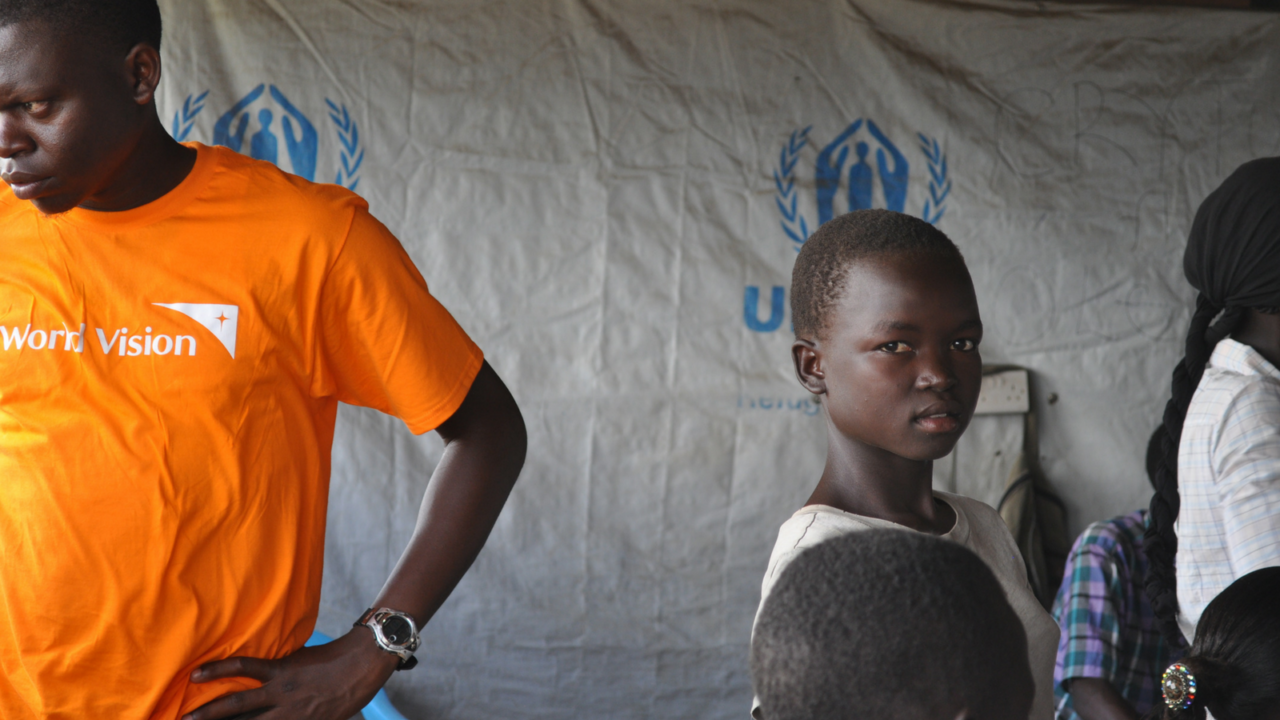
While Father’s Day should be the holiday most on Moses’ mind right now, today’s observance — World Refugee Day — better reflects his situation. He and his sisters are some of the nearly 10,000 children who have crossed the border from South Sudan into Uganda without their parents.
World Vision looks after these unaccompanied children, both in refugee camps in Uganda as well as within South Sudan. Our staff works to reunite children with relatives if possible and create a network of foster parents who will care for them. But in the meantime, ready or not, Moses has had to step into the shoes of his father.
The gravity of his new responsibility weighs heavily on him. “I feel sorry because I’m too young to care for them,” Moses says. He’s worried he won’t be able to protect them. “I think if robbers come to attack us at home, I have no force to fight them.”
He misses his father. “I liked his stories,” Moses remembers. “When he came from his work, he used to entertain us. That’s what I liked most about him: the way he would show love to us. [Now] I will just meet him through dreams.”
When you donate to help refugees, you make a lasting difference for vulnerable, displaced children. You’ll be a valuable partner to help provide critical essentials like food and shelter, and for unaccompanied children like Moses, the support and care they’re missing. Donate to our refugee response today.
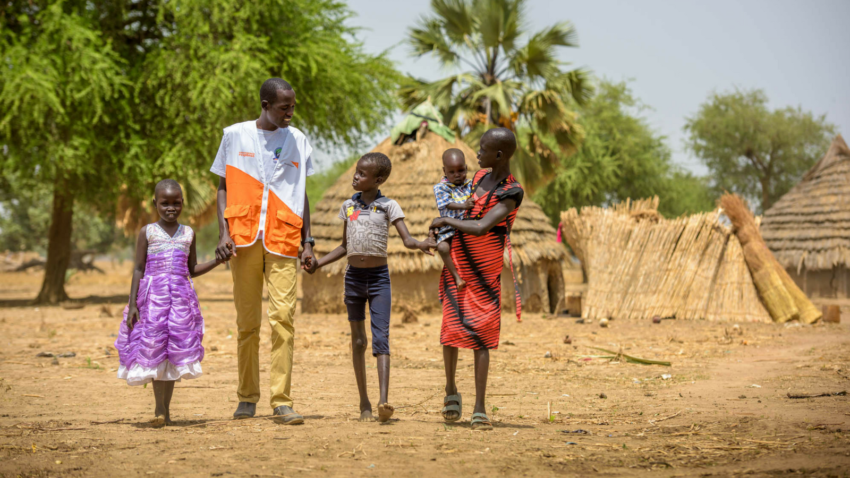
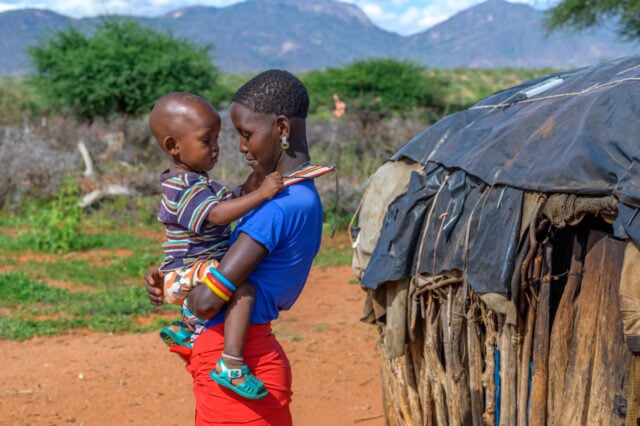
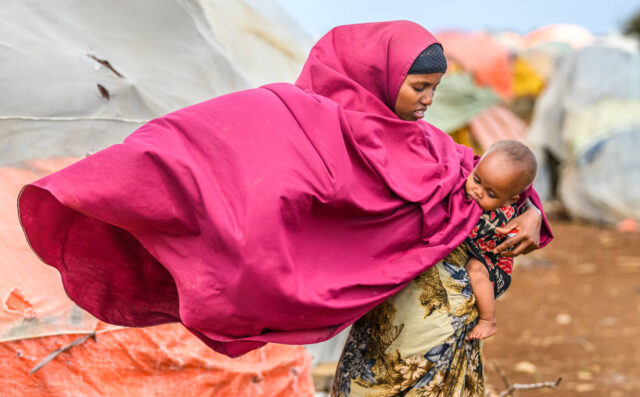
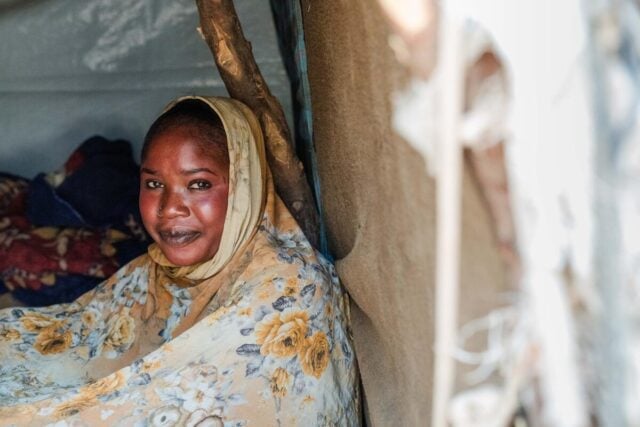
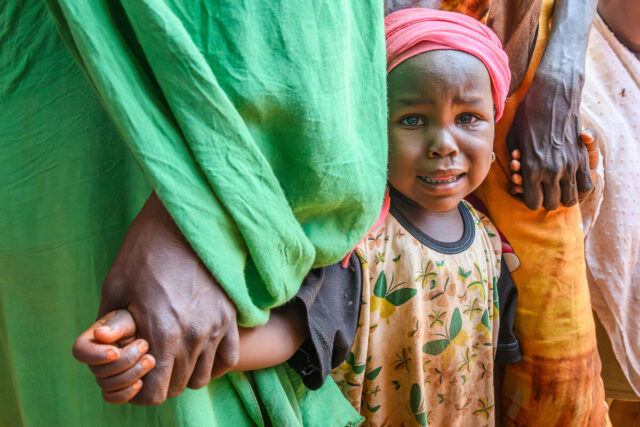
Comments